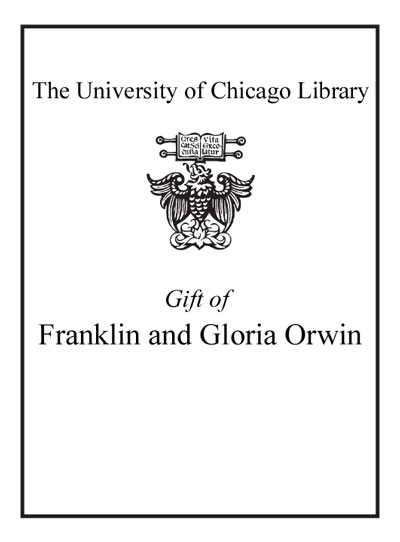Review by Choice Review
In this brief, fast-paced survey, Maxson (East Tennessee State Univ.) explores Florentine history over a span of roughly 300 years (1250--1574). The introduction, six chapters, and an epilogue review the city-republic in its medieval development; the early renaissance competition of powerful oligarchic families for status, political power, prestige, office-holding, familial advancement, and financial resources; the gradual, yet eventual, success of the Medici in achieving a predominant position while co-opting the outward forms of republican government; the political upheavals of the early cinquecento that ended the pretense of the Florentine republic; and the mid-century establishment of Medici ducal dynastic rule. The city's demographic and financial disasters of the 14th century thwarted any expectations of European political eminence and instead set Florence on a course to pursue regional and even peninsular political ambitions. A major theme runs through the post-medieval chapters: the cultivation of humanism in Florentine intellectual, artistic, and architectural life served its patrons and practitioners as a "transcontinental language" in the struggle for status, prestige, and power. Thirty-five black-and-white illustrations, copious notes, and an extensive bibliography support the narrative. Summing Up: Recommended. Undergraduates and graduate students. --Robert Charles Figueira, Lander University
Copyright American Library Association, used with permission.
Review by Choice Review

